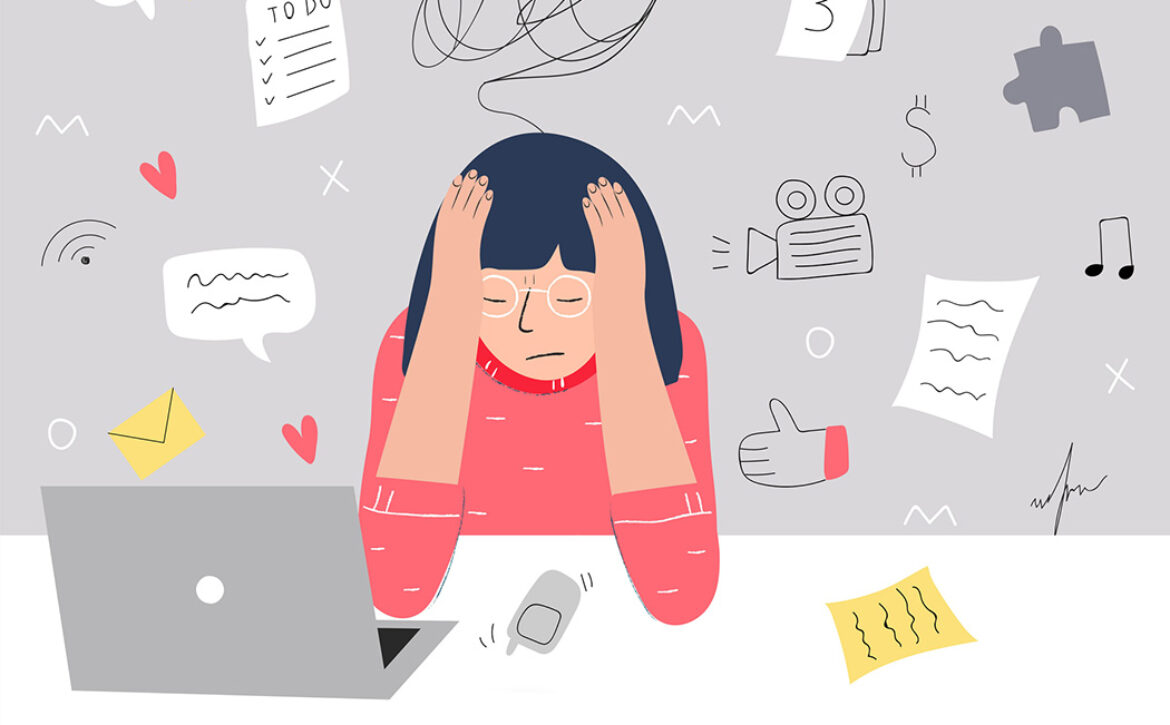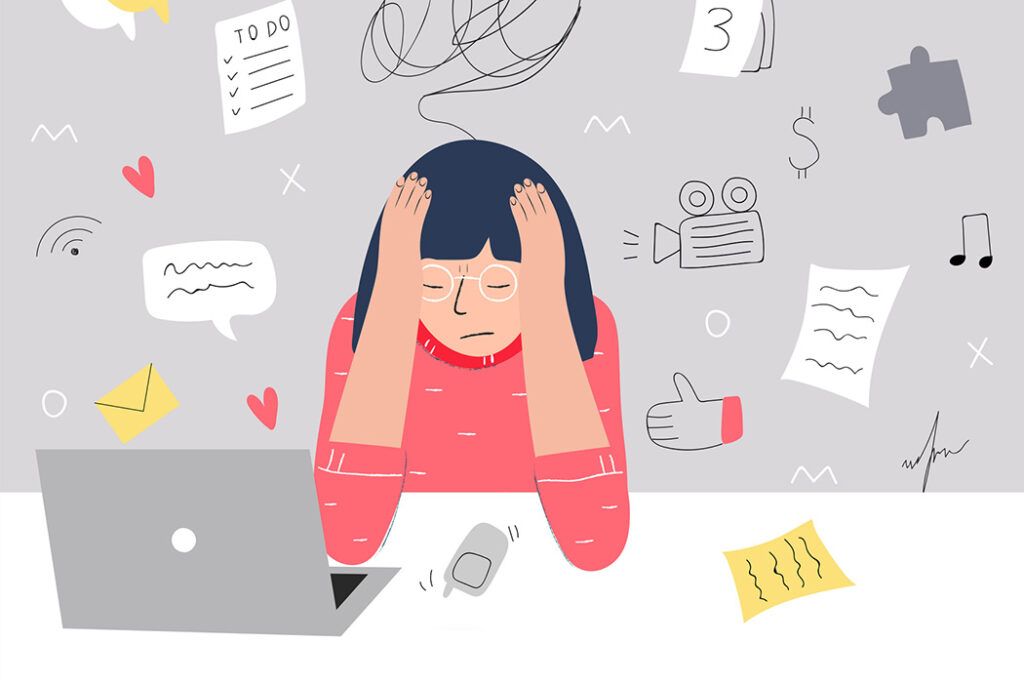What is Emotional Sobriety and Why is it Important?
Emotional sobriety is a term that is often used in the addiction recovery community to describe a state of emotional well-being and balance. It refers to the ability to manage one’s emotions in a healthy and productive way, without turning to addictive substances or behaviors. Emotional sobriety is an important aspect of overall wellness and can have a positive impact on relationships, work, and personal growth.
Now why is it important to know about emotional sobriety? Well, it helps us to identify and understand our feelings in a better way. It allows us to express ourselves without overreacting or lashing out, and it gives us the ability to be more mindful of our behavior. Additionally, being emotionally sober can help us manage difficult situations with greater clarity and resilience.
In this article, we will explore “What is emotional sobriety and why is it important?” and how to achieve and maintain it.
Defining Emotional Sobriety
Emotional sobriety is a term that was first coined by Alcoholics Anonymous (AA) in the 1950s. It was originally used to describe the emotional and psychological healing that occurs during the recovery process from addiction. Today, the term is used more broadly to describe a state of emotional balance and well-being that can be achieved by anyone, whether or not they have struggled with addiction.
Emotional sobriety is often contrasted with physical sobriety, which refers to abstaining from the use of drugs or alcohol. While physical sobriety is an important part of addiction recovery, it is not enough on its own to achieve long-term sobriety and well-being.
The Importance of Emotional Sobriety
Now that you know what it means, let’s look at why emotional sobriety is important. Emotional sobriety can help you become more mindful of your feelings, better able to express them without overreacting, and ultimately gain greater control over your decisions and behavior.
In addition, emotional sobriety can improve mental health by decreasing symptoms of depression and anxiety. It can also lead to improved relationships with family, friends, and co-workers, as well as increased self-confidence and motivation. If we are in tune with our emotions, we can learn to better recognize our needs and be more accepting of ourselves.
Emotional Sobriety can also help in addiction recovery as it can help people recognize triggers, reduce stress and cravings for substances or behaviors, and cope better with relapse. There are a lot of reasons why emotional sobriety is important and beneficial for an individual’s personal growth. Let’s take a look at some of its characteristics and how to achieve and maintain them.
Characteristics of Emotional Sobriety
The following are some of the key characteristics of emotional sobriety:
Self-awareness: Emotional sobriety requires a deep understanding of one’s own thoughts, feelings, and behaviors. It involves being able to recognize and acknowledge difficult emotions rather than suppressing or avoiding them.
Acceptance: Emotional sobriety involves accepting oneself and others for who they are rather than trying to change or control them. This includes accepting one’s own flaws and imperfections as well as those of others.
Emotional regulation: Emotional sobriety requires the ability to regulate one’s emotions in a healthy and productive way. This involves being able to identify and manage triggers, as well as developing healthy coping mechanisms for stress and anxiety.
Mindfulness: Emotional sobriety involves being present at the moment rather than dwelling on the past or worrying about the future. This can be achieved through mindfulness practices such as meditation, yoga, or deep breathing.
Inner peace: Emotional sobriety requires a sense of inner peace and contentment, even in the midst of difficult circumstances. This can be achieved through spiritual practices, such as prayer or connecting with nature.
Gratitude: Emotional sobriety involves cultivating a sense of gratitude for the good things in one’s life rather than focusing on what is lacking. This can help to foster a sense of positivity and well-being.
Achieving Emotional Sobriety
Achieving emotional sobriety is a process that takes time and effort. The following are some strategies that can help:
Developing coping skills: Learning healthy coping mechanisms for stress and anxiety is an important part of emotional sobriety. This might include techniques such as deep breathing, meditation, or exercise.
Seeking support: Building a support network of friends, family, or professionals can provide a safe space to discuss difficult emotions and gain perspective.
Cultivating self-awareness: Practicing self-reflection and journaling can help to develop a deeper understanding of one’s own thoughts and feelings.
Exploring spirituality: Engaging in spiritual practices, such as prayer or meditation, can provide a sense of purpose and inner peace.
Finding meaning and purpose: Identifying one’s own values and goals can provide a sense of direction and purpose, which can be a powerful motivator for emotional sobriety.
Maintaining Emotional Sobriety
Sobriety Maintenance
The first step in achieving emotional sobriety is to maintain our sobriety from substances or behaviors that can impair our judgment and emotional regulation. This means staying away from drugs, alcohol, or other unhealthy coping mechanisms that may provide temporary relief but ultimately lead to more emotional chaos.
Identifying Triggers
Once we’ve achieved sobriety, we need to identify our emotional triggers. These are situations, people, or events that tend to trigger an emotional reaction in us. By recognizing our triggers, we can prepare ourselves and develop healthy coping strategies to deal with them.
Staying Grounded
Staying grounded is crucial for emotional sobriety. It means being present in the moment and not getting caught up in past regrets or future worries. Practices like mindfulness meditation or deep breathing exercises can help us stay centered and calm, even in the midst of difficult situations.
Continuing Personal Growth and Development
Achieving emotional sobriety is not a one-time event but a lifelong process of personal growth and development. This involves seeking out new experiences, learning new skills, and challenging ourselves to step out of our comfort zones. By constantly expanding our horizons, we can cultivate a sense of purpose and fulfillment that can help us weather life’s storms.
Practicing Self-care
Finally, practicing self-care is essential for maintaining emotional sobriety. This means taking care of our physical, emotional, and spiritual needs on a regular basis. Whether it’s getting enough sleep, eating a healthy diet, or engaging in activities that bring us joy and fulfillment, self-care is the foundation of emotional well-being.
Final Thoughts
Emotional sobriety is a lifelong journey of self-discovery and emotional growth. It is about becoming more mindful of your feelings, developing healthy coping mechanisms, and building stronger relationships. It is not a quick fix but rather a process that requires patience, perseverance, and commitment.
The good news is that emotional sobriety is achievable for anyone who is willing to do the work. Whether you are struggling with addiction, mental health issues like Anxiety, or depression, or simply looking to improve your emotional well-being, there are people available to help you on your journey. Just visit Cedarway Therapy’s website or contact them or follow them on Facebook whenever you need professional help.
Remember, emotional sobriety is not about being perfect or never experiencing negative emotions. It is about learning to navigate life’s ups and downs with grace and resilience. By taking small steps every day to care for your emotional health, you can achieve a more fulfilling and satisfying life.
So, take a deep breath and take that first step towards emotional sobriety today. You are capable of so much more than you realize, and with a little bit of effort, you can transform your life and become the best version of yourself.















